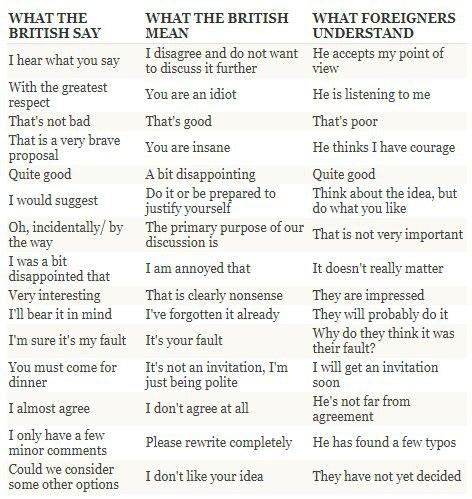Category: English
to + infinitive, gerund, -ing, Participles
Use
to – infinitive is used
- to express purpose
he went to a bank to get some money - after certain verbs (agree, appear, decide, expect, hope, plan, promise, refuse)
he promised to help us - after adjectives which
- describe feelings/emotions (happy, glad, etc.)
- express willingness (willing, eager, reluctant, anxious, unwilling, etc.)
- refer to person’s character (mean, clever, etc.)
- with adjectives lucky and fortunate
I was annoyed to hear it
He is reluctant to help
You were clever not to believe them
Note: Also impersonal construction possible
It was clever of you not to believe them
- after certain nouns and pronouns: something, somewhere, anyone, nothing, etc.
Take something to drink - after too/enough
she is too young to stay there - with it+be+adjective/noun
it is great to buy a car - to talk about unexpected events (usually with only)
They rushed to airport (only) to be informed that flight had been canceled - after: be + last, first, second, next, best
he was the first to arrive - after: ask, learn, find out, wonder, want to know, decide, explain, etc. when they followed by question words (who, what, where, how)
he explained how to operate the machine
I don’t know why he left
bare infinitive is used
- after modal verbs
he should apologise
but: ought + to infinitive - after: let, make, see, hear, feel (complete action)
they saw her talk to the manager.
but: be made, be heard, be seen + to-infinitive
she was seen to talk to the manager.
but: I saw her getting into a taxi. She was seen getting into a taxi.
but: can/could + see/hear + ing
we could see smoke coming out of the building - after had better and would rather
you had better see a doctor. - help is followed by either to-infinitive or bare
she helped me (to) fill in a form
ing form is used
- as a noun
cycling is a form of exercise - after: admit, anticipate, appreciate, avoid, consider, continue, delay, deny, discuss, enjoy, escape, excuse, fancy, finish, forgive, go, imagine, involve, keep (= continue), mention, mind, miss, postpone, practise, prevent, quit, recall, recollect, report, resent, resist, risk, save, stand, suggest, tolerate, understand, etc.
He avoided answering my question.
They considered moving abroid. - after: dislike, enjoy, hate, like, love, prefer to express general preference
she likes painting
but: would like / would love / would prefer to express specific preference
I’d like to paint your portrait - after: be busy, it’s no use, it’s (no) good, it’s (not) worth, what’s the use of, can’t help, there is no point, can’t stand, have difficulty in, have trouble, have a hard time, etc.
what’s the use of waiting for an answer - after: spend, waste, lose (time, money)
we wasted a lot of time trying to find a parking.
he lost money investing - after prepositions
he was found guilty of lying in court - after preposition ‘to’: look forward to, be used to, get round to, object to, in addition to, prefer, etc.
she objects to working on saturday - after: hear, listen to, notice, see, watch, feel to describe an incomplete action
I listened to James singing a song (means he listened to part of song, not the whole)
but: bare infitivite to describe a complete action
I listened to James sing a song
Continue reading to + infinitive, gerund, -ing, Participles
laugh
https://lingualeo.com/ru/glossary/33653
to laugh – смеяться
to smirk – ухмыляться
to guffaw – хохотать
to cackle – взорваться хохотом
to titter – хихикать
to chuckle – посмеиваться
to giggle – хихикать
to grin – широко улыбаться
Speak like a manager
British say mean understand
